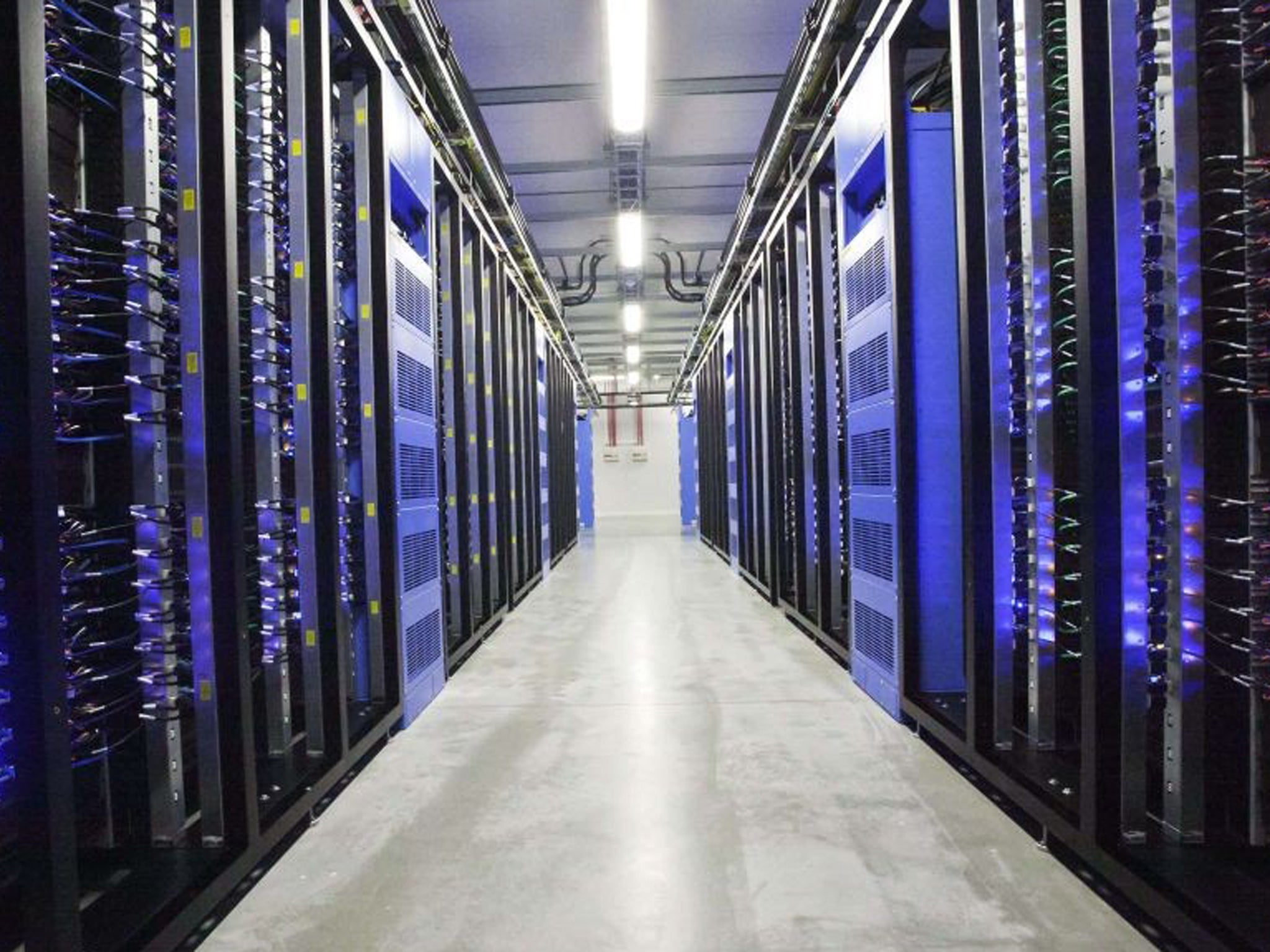Facebook launches 'Arctic data centre' in Luleå, Sweden
Green buildings will run on 100% renewable energy and use icy conditions to cool heat from servers

Your support helps us to tell the story
From reproductive rights to climate change to Big Tech, The Independent is on the ground when the story is developing. Whether it's investigating the financials of Elon Musk's pro-Trump PAC or producing our latest documentary, 'The A Word', which shines a light on the American women fighting for reproductive rights, we know how important it is to parse out the facts from the messaging.
At such a critical moment in US history, we need reporters on the ground. Your donation allows us to keep sending journalists to speak to both sides of the story.
The Independent is trusted by Americans across the entire political spectrum. And unlike many other quality news outlets, we choose not to lock Americans out of our reporting and analysis with paywalls. We believe quality journalism should be available to everyone, paid for by those who can afford it.
Your support makes all the difference.As time has gone on and your 'friends' have grown more tired of pictures of babies and underwhelming dinners, as well as countless instances of emotional overshare, the welcome one receives on Facebook has become increasingly chillier.
Now, the social network is taking itself to frosty new depths, as it launches its new data centre in Luleå in northern Sweden, where temperatures have been known to hit a biting -41C in winter.
Facebook explained their decision to place the centre, which serves live traffic from all around the world, on the edge of the Arctic Circle in a blog post yesterday. The cool Nordic air is used to cool the thousands of servers within the building, with any excess heat harnessed to heat offices.
This is one of the many environmentally-friendly processes the company is utilising to make the claim for "the most efficient and sustainable data centres in the world". According to the blog post, all of the equipment is powered by locally generated hydro-electricity and relies on Facebook's Open Compute Project designs, meaning hardware is 'vanity free,' leaving out "unnecessary bits of metal and plastic".
Facebook's power usage efficiency (PUE) at Luleå is apparently averaging 1.07, which puts it lower, and therefore greener, than super-clean Google, which runs at between 1.08 and 2.12.
Facebook have been quick to praise the local Swedes, saying: "Since we first announced our plans to come here, the local community has been amazingly supportive."
Following the recent NSA crisis over its Prism programme, in which the security agency allegedly trawled through private Facebook user data (something the company continues to deny any involvement in), some may feel the opening of its newest data centre on European shores may provide a more secure haven for their personal pictures, messages and contact information.
However, users have already cited security and privacy concerns, citing a law passed in 2008 that allows the Swedish government to intercept any traffic that passes through its borders without a warrant.
Join our commenting forum
Join thought-provoking conversations, follow other Independent readers and see their replies
Comments